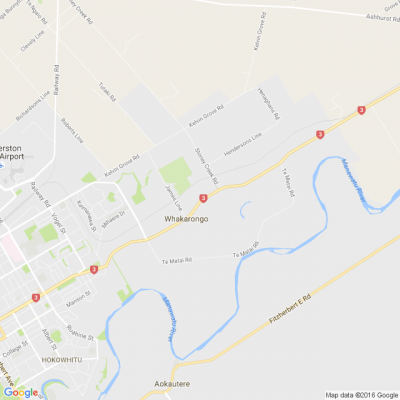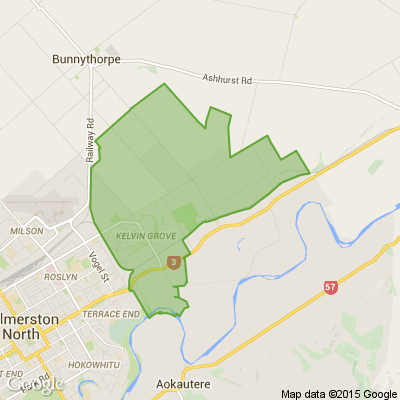How to Get Rid of Cockroaches
Cockroaches are an extremely common household pest throughout all of New Zealand and although they make you shudder when you see them, they thankfully do not pose many health risks, however they can transmit diseases, so it is best to keep them out of your home. As with any pest the number one preventative measure is to keep your home and outside surrounding areas as clean as possible. We’ll talk through more information about the different types of cockroaches, how to prevent an infestation before it happens, and if needed how to kill cockroaches.
What are the 3 main types of cockroach?
Although there are thousands of different species of cockroach, here in New Zealand we tend to only deal with the following three culprits. They are all pests and have the potential to transmit diseases such as dysentery, salmonella and diarrhoea due to their eating habits. See below for more information on the pests most wanted list.
The Gisborne Cockroach
This is our native representative, although it was first introduced from Australia, they are usually not found in doors at all so if you spot one of these in your home, it was likely by accident such as being carried in through timber and firewood.
They commonly live outdoors in damp dark areas and feed on decaying forest matter, so if you happen to spot one of these, it might be worth just giving a helping hand to get it back outside again.
The American Cockroach
This is the most common species found in New Zealand and is known as a pest throughout the world. Despite the name this species is native to Africa and the Middle East. They have adapted very well to human living spaces as they prefer moist areas with warmer temperatures.
Classified as omnivores, they will eat many foods as well as materials including leather, beer, glue and book bindings. They have the potential to cause sickness in humans, from their odorous secretions and bacteria that they pick up and deposit on food and surface areas and so it is very important to keep your house as clean as possible.
The German Cockroach
Although the smallest of the cockroach species found in New Zealand, they are actually the biggest problem. They do not like cold temperatures to a point where they struggle to survive and so they will always look to go inside of buildings for warmth. They more commonly prefer restaurants, food processing facilities and hotels to residential.
They are defined as omnivore scavengers, meaning they eat everything the American Cockroach does as well as meats, starches, sugars and fatty foods.
Keep reading: www.curtainclean.co.nz...

Scam Alert: Bank cold calls
ASB is warning customers about reports of cold calls from scammers claiming to be from ASB. These scammers are trying to obtain personal information, including usernames, dates of birth, and verification codes sent to your mobile phone.
🛡️ The "Caller Check" Test
If you get a call from someone claiming to be from ASB and you’re unsure, just ask them for a Caller Check. You will then be able to verify the call through the app.
Remember, banks will:
❌ Never ask for your banking passwords, PINs, or verification codes
❌ Never need to know your full credit card number – especially the CVC
❌ Never ask you to download software or remotely access your device
❌ Never ask you to purchase gift cards or transfer funds.
If you have received a phone call and think your account has been compromised, call ASB on 0800 ASB FRAUD (0800 272 372), or visit your local branch.

🧩😏 Riddle me this, Neighbours…
I am an odd number. Take away a letter and I become even. What number am I?
Do you think you know the answer?
Want to stop seeing these in your newsfeed? No worries! Simply head here and click once on the Following button.

Some Choice News!
DOC is rolling out a new tool to help figure out what to tackle first when it comes to protecting our threatened species and the things putting them at risk.
Why does this matter? As Nikki Macdonald from The Post points out, we’re a country with around 4,400 threatened species. With limited time and funding, conservation has always meant making tough calls about what gets attention first.
For the first time, DOC has put real numbers around what it would take to do everything needed to properly safeguard our unique natural environment. The new BioInvest tool shows the scale of the challenge: 310,177 actions across 28,007 sites.
Now that we can see the full picture, it brings the big question into focus: how much do we, as Kiwis, truly value protecting nature — and what are we prepared to invest to make it happen?
We hope this brings a smile!







 Loading…
Loading…



















